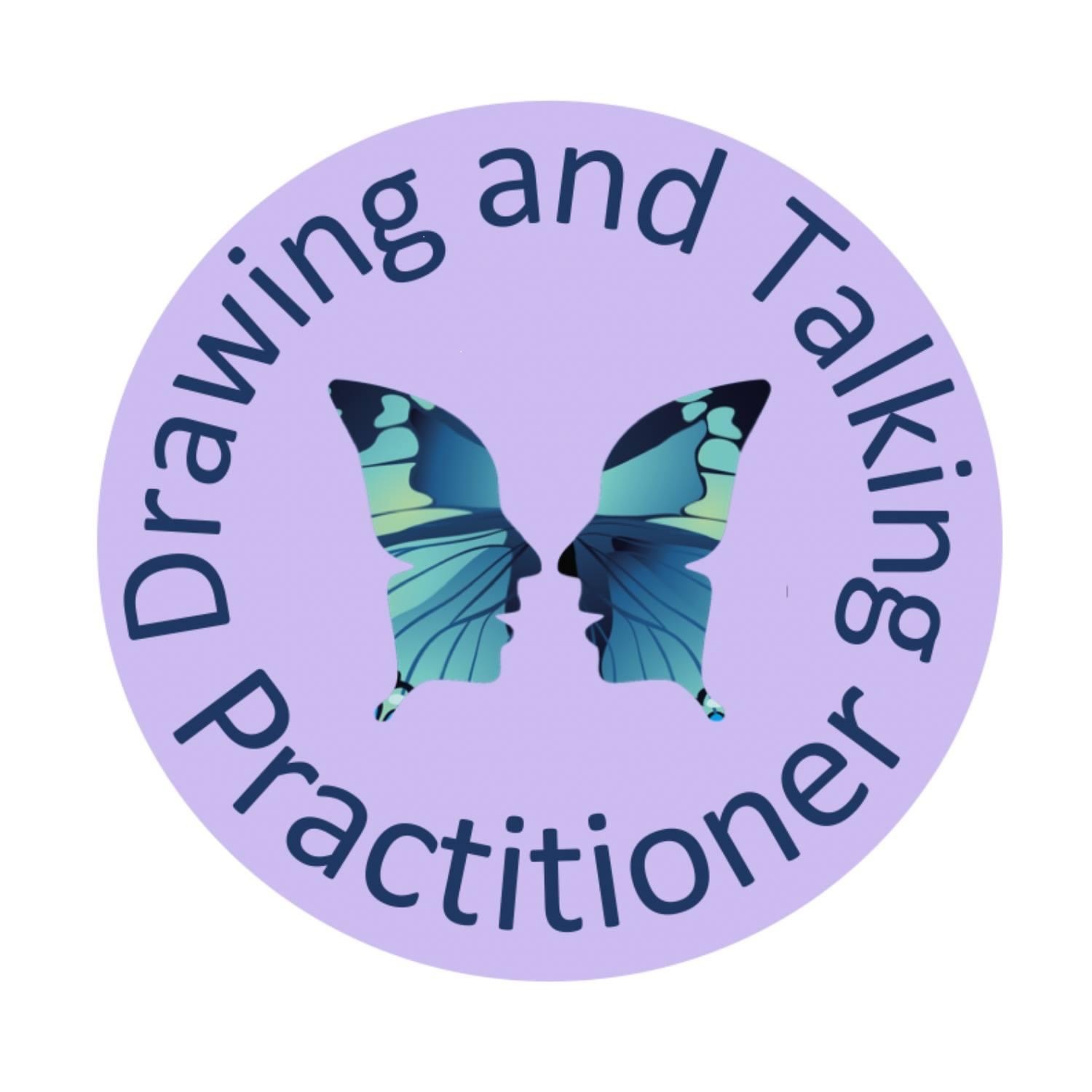STATEMENT OF PURPOSE
Contents
Quality and Purpose of Care
- Range of needs
- Ethos of the provision
- The accommodation
- Support for the cultural, linguistic and religious needs of pupils
- Complaints procedures
- Child protection, Safeguarding and Behaviour management policies
How children are helped and protected
- Inclusion of pupils in decision making
- Risk assessment
- Enjoyment and achievement
- Supporting pupils health needs
- Developing positive relationships
Leadership and management
- Contact details
- The Staff team
- Arrangements for supervision and development
Quality and Purpose of Care
Range of Needs
Pencalenick School is a countywide provision for pupils aged 11 – 16 who have an Education, Care and Health plan which identifies a need for specialist provision. The school has a Residential provision which is open from Monday to Friday during school terms and which can accommodate up to 20 pupils per night.
The purpose of the provision is to provide pupils with the opportunity to develop those skills necessary for the move towards adulthood including personal independence, self care skills, forming friendships, participating in social opportunities which may not be available to them outside the school environment and participation in accredited ASDAN programmes to achieve nationally recognised certificates.
Pupils may live socially isolated lives, either because of the locality of their home, because they are isolated within their community or the length of journey time from school to home leaves little time for participation in social events and experiences. Social integration and positive relationships are an integral part of developing and sustaining good mental health and are of particular importance for pupils who experience difficulties with relationships or who experience high levels of social anxiety.
Placements may be time limited in order to ensure that all pupils have an opportunity to experience the provision and that placements are made in a fair and equitable way. Some pupils may find it too challenging to be away from home and a residential placement may be counterproductive and not achieve the desired outcomes. In these instances, a trial period is agreed and if the placement is unsuccessful, the offer withdrawn.
Ethos of the Provision
The ethos of the provision is to provide a stable and caring environment for all pupils, irrespective of the duration of their stay, which is fun and enables pupils to develop a wide range of skills to support transition towards adulthood.
We support pupils to:
- Develop the Independence, Communication and Emotional skills to allow them to access education.
- Develop social independence and to be as self- sufficient as possible. In this way we can prepare our pupils for the move towards adulthood.
- Support pupils to participate in the ASDAN programmes of their choice.
- Support pupils to participate in and experience a wide and diverse range of activities and social events.
- Learn how to make and maintain friendships with their peers.
- Encourage and enable them to become self advocates.
The Accommodation
The accommodation is located on the first and second floor of the main school building, a Grade 2 Listed building, in six acres of grounds. Pupils are accommodated across both landings according to age and levels of need including health needs.
Pupils are able to move around freely within the accommodation whilst maintaining their security and safety via an automated locking system to all external doors. In the event of a fire alarm activation, the doors unlock automatically. Pupils can access external spaces at any time by asking staff. Pupils are generally with staff or in groups accessing activities and it is unusual for a pupil to want to leave the building by themselves, nevertheless they would be allowed to do so if they requested it and subject to the appropriate Risk assessment in place.
Bedrooms are a mixture of single and shared spaces. There are lounge areas, games rooms and quiet areas to provide a variety of different environments according to individual pupils needs and choices. We also have two kitchen areas for pupils to prepare snacks and drinks and participate in cooking activities when offered or requested.
Pupils are able to be part of the process in deciding how rooms are decorated. They can bring photos of family or any other items which makes the space their own for the duration of their stay. Pupils are encouraged to participate in decisions regarding the department whether that concerns the décor or the actual practice of the day to day operation of the provision and termly meetings are held with all pupils who access the provision to seek their views and ideas for development.
Supporting cultural, linguistic and religious needs
Every effort is made by the residential department to ensure pupils ethnicity, language and religious beliefs are respected. Dietary requirements which may be a feature of a pupils ethnicity or religious beliefs are catered for by the school chef. Pupils are encouraged to be open and able to express their beliefs and opinions whilst being supported to understand and accept the beliefs and opinions of others.
Complaints procedures
Any complaints or concerns about the residential provision should be directed in the first instance to the Deputy Head or Head of Care. We operate in a transparent and open manner and would hope that issues could be resolved at this level but if a situation cannot be resolved, the Formal Complaints procedure should be invoked details of which are available on the school website or from the school office.
If a pupil has a complaint and would like support through the process, an independent advocate can be provided.
Child Protection, Safeguarding and Behaviour Management
Pencalenick School has a robust Child Protection and Safeguarding policy in place and follows Cornwall and Isles of Scilly Safeguarding Childrens Board policies and procedures. All staff adhere to the principles of the Working Together Legislation and the Keeping Children Safe in Education Guidance. This is regularly updated and all staff undertake relevant Child protection and Safeguarding training throughout the academic year.
Safeguarding is at the forefront of staff practice. All staff are required to have an enhanced DBS in place prior to appointment. An Induction process is in place which ensures that staff are fully aware of their roles and responsibilities with regard to Safeguarding and what to do in the event of a concern.
Regular safeguarding training is undertaken by staff and covers a range of topics both mandatory and optional according to emerging need or to develop and extend practice.
All staff use CPOMS as the recording system for safeguarding and Child protection issues and concerns.
The Designated Safeguarding Lead is the Headteacher who is also the Single Point Of Contact (SPOC) for Prevent. Diana Barry and the Head of Care are the Deputy Designated Leads. Contact details for the Designated Lead and Deputies are provided to all staff annually in the Tier 1 leaflet. Information boards also provide contact details for the Governor with responsibility for Safeguarding in addition to those for the Multi Agency Referral Unit (MARU) and the Local Authority Designated Officer (LADO).
How children are helped and protected
Inclusion of pupils in decision making
Pupils are encouraged to be active participants in how the provision operates from the accommodation, what activities and options are available to what meals are offered. Pupils are encouraged by their key workers to discuss any thoughts, opinions or ideas they may have as part of the weekly key meeting. There are also termly meetings with all pupils who board to generate ideas and seek opinions in how the provision can improve and develop. Key workers are responsible for supporting pupils in identifying areas for self- development and work together to find ways of achieving positive outcomes. Annual Ofsted Inspections always feature dialogue with pupils and there is a half termly visit from the Independent Monitoring visitor who consults with pupils and parents, the outcomes of which inform and develop practice. In addition, the Governor with responsibility for Boarding seeks the opinions of pupils and this forms part of a regular report shared with the team.
Risk Assessment
There are a number of risk assessments in place to ensure the safety and well- being of the resident pupils :
Environmental – These ensure that the environment, built and external, is well maintained and safe. A programme of regular maintenance and decorating is in place.
Practice and policy related – The practice of care and policies related to it are regularly discussed and developed relative to pupil need.
Pupil Need – Pupils who require additional support to that within the core offer will have a regularly audited Risk assessment in place. This may include support for health issues.
Enjoyment and Achievement
The primary function of the residential experience is that it should be a fun and positive experience for the pupils using it. All pupils work with their key worker to achieve skills which support and develop independence and which may enable pupils to achieve accreditation within the ASDAN award scheme. Forming positive relationships with peers and staff, trying new experiences and offering opportunities which may not be readily available to pupils are all an integral part of the offer.
Supporting Pupils Health Needs
Pupils with specific health needs have a Health Care Plan in place, completion of which is a part of the initial application process. The staff are trained in the support and management of a number of health conditions and appropriate training is regularly updated as required. Staff are all trained in the administration of medication and undergo annual refresher training.
Developing Positive Relationships
Relationships between staff and pupils is a particular strength of the provision and is regularly commented upon positively by Ofsted Inspectors. The staff team are wholly committed to ensuring that pupils are supported to derive the most from their stay whether that is in the achievement of practical skills, trying new experiences, forming positive friendships with staff or their peers or simply ensuring that everybody has a fun time.
Leadership and Management
Contact Details
The Residential provision is an integral part of Pencalenick School, a school for secondary aged pupils with an EHCP citing specialist provision. The school is a member of the Special Partnership Trust, CEO Guy Chappell.
The Staff Team
There are seven members of staff, three male and four female on the Care Team. The team are led by a Head of Care and a Deputy. One member of staff works throughout the night to provide support for pupils as necessary. The rest of the team work ‘split’ shifts and are available for pupils at times when they are not at school. All staff have appropriate qualifications to Level 3 and undertake regular training throughout the year. The Head of Care has a Degree, a post Graduate qualification and Level 5 Safeguarding training.
All staff are key workers for a number of pupils and it is their responsibility to ensure pupils are supported to achieve positive outcomes from their Boarding experience. Pupils are generally allocated to key workers but if a pupil wished to change their key worker or would benefit from being with a different key worker for a specific reason or piece of work, This can be easily accommodated.
Key workers are in contact with the parents of their key pupils and will discuss progress and future targets for development. Parents may ask staff to address specific developmental areas or ask that specific skills are taught to their child. We are happy to do this but will always be the advocate for the child in situations where there may be a conflict of opinion or desired outcome.
Arrangements for Supervision and Development
All staff receive termly supervision. This is an opportunity to discuss their role, celebrate successes, address any areas of difficulty and develop their professional practise. It is a supportive but robust process the outcome of which is to ensure the best provision for pupils.
All staff also have an Annual Appraisal. The outcomes from the appraisal process are used to inform practice and the CPD programme at an individual and group level.






